#hurt people hurt people
Text

249 notes
·
View notes
Text
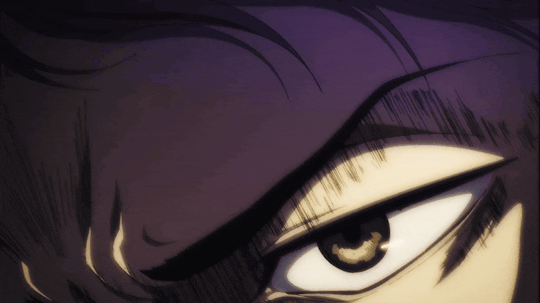
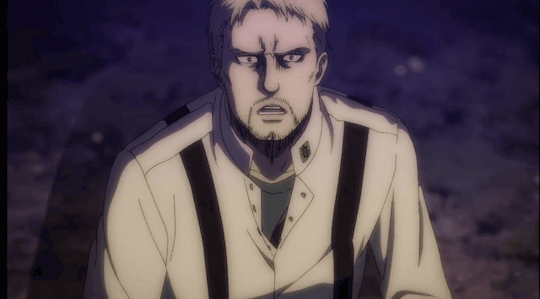
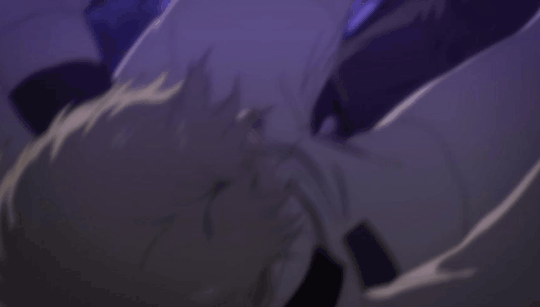


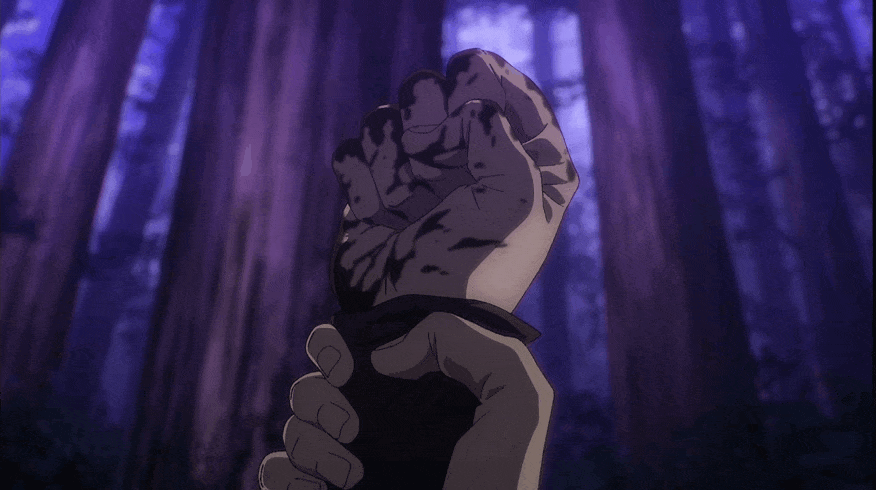
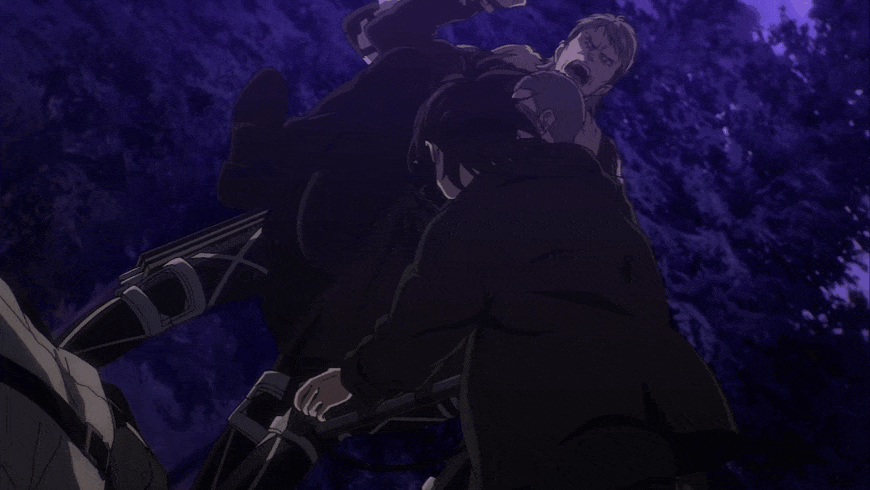
Extra:
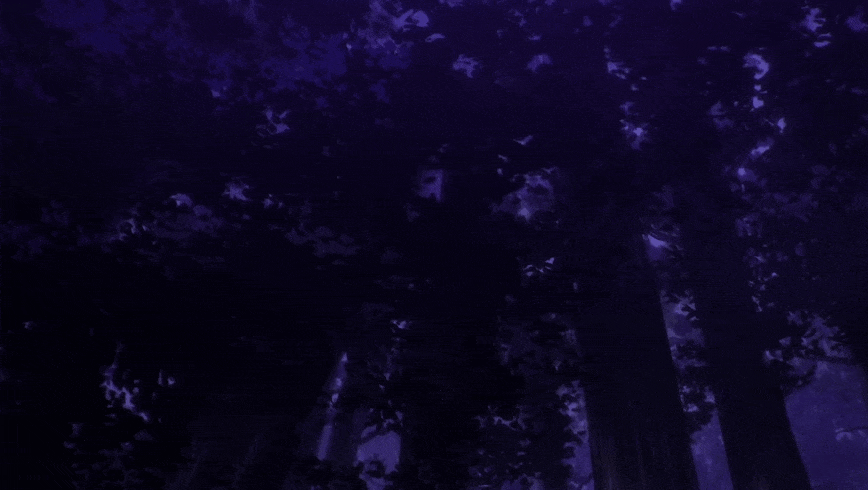
It was a simple truth he had understood for years, people hurt others when they are hurt, and hurting them back won't make a damn difference.
- Taylor Adams-
#reijean#jeanrei#jean x reiner#reiner x jean#jean kirstein#reiner braun#aot#attack on titan#snk#shingeki no kyojin#hurt people hurt people#quotes#my gifs#my gif edit
16 notes
·
View notes
Text
To the people who say that Lloyd is selfish and proceed to use Sons of Garmadon, Episode 8, True Potential as your example... respectfully, I don't think you're picking a valid example to argue your point.
Lets recap the season:
The ninja team was separated, assumingly for around a year. Lloyd spent this time training and dedicating every moment to becoming the "best" version of himself. He had double the weight on his shoulders from taking on the mantle of leader. A gang worshiping his father surfaces, and the threat of his father's return is eminent. When he meets Harumi, he believes that maybe, for once, he can sense of normalcy in his life. A relationship with no extra strings attached. But when that girl manipulates him, abuses him, and brings back his twisted father from the grave, that absolutely messes him up. So we've got this pressure from being the most powerful leader of the ninja team who must have a level head at all times, who has been mentally abused, manipulated, and tortured by Harumi AND is absolutely horrified at the fact that his father has been resurrected as the most evil version of himself. He feels responsible because HE is the one who allowed Harumi in. HE is the one who failed to stop Harumi in the cave. And now HIS faults will lead to the destruction of Ninjago.
So before anyone uses his actions in True Potential to deem him a "selfish" person, I urge you to look at the bigger picture. It's true. He made horrible decisions that day. He manipulated his friends and cast them to the side when he needed them most. But when you look at the bigger picture, his actions make sense.
Tldr; Lloyd was in the wrong. But there are layers to what he did. That one moment is not enough to deem him as a "selfish and horrible" person, because everyone makes flaws in the midst of horrific events.
#i feel like when i write these my head is all over the place#probably because i feel so strongly about him#hurt people hurt people#of course that does not justify anyones actions#but when you dont have time to process trauma#mistakes will likely be made#and lloyd didn't have time to process because everything was happening SO QUICKLY#anyway im done with that#hannah loves lloyd so much#lloyd garmadon#ninjago#lego ninjago#lloyd ninjago#ninjago lloyd#sons of garmadon#ninjago sons of garmadon#lloyd#ninjago textpost#textpost
22 notes
·
View notes
Note
Kid Benji pretending to get captured (something I used to play alllll the time) got me thinking — in another, less painful life, which of the T$$ crew would be into whump? What type?
We’re getting meta with it :-)
Benji is the most likely to be into it! He likes the more comfort-heavy stuff. He'd prefer "guys in distress" type situations where the actual bodily harm is minimal but there's a lot of fear and emotion. And as an adult who's been put into Situations, he'd 100% want to roleplay "I've been captured come save me" with a partner as a form of catharsis. (especially if in the aforementioned Situations he had to escape on his own)
Joy is not so much into whump, but she's a sucker for angst, and would also enjoy gore, but in a more "ooh cool" way than a whumperflies way
Jericho is not into whump, but if he were, he'd probably enjoy robot/android whump (he forms unspoken bonds with his own computers so it would pull at his heart a little more than average)
Hunter isn't into whump, but if he tried it out, he'd have a guilty pleasure with some of the more extreme "whumpee gets tortured and almost dies but gets saved by their friends at last minute" fics. He would also prefer nonhuman whumpees
Kaius isn't into whump aside from minor sickfic type stuff
Sahota might be a little into whump, but it isn't something he'd actively seek out. Back when he was running TTRPGs for friends he wasn't above throwing in heart and gut wrenching moments
#it's really funny how many people play 'captured' as kids lol#i never wanted to be the one captured but a lot of my friends (and sister) did#i was always happy to play rescuer ahaha#(playing superheroes) 'oh no! robots made of out specific weaknesses are fighting us and we're all losing our powers and passing out!'#me: 'ok all of you are but there isn't a robot for me so im fine'#(my thought process was always 'ALL of us can't be captured who's gonna get us out?')#hurt people hurt people#t$$ ask
9 notes
·
View notes
Text
I knew I was being petty, but I was deriving pleasure from being so ridiculous. I had spent my entire life pleasing and accommodating other people, and now I wanted very much to make someone feel uncomfortable . . .
Katherine Lin, from You Can't Stay Here Forever
#hurt people hurt people#people pleaser#petty#villain era#can't take anymore#quotes#lit#words#excerpts#quote#literature#characterization#personal#katherine lin#you can't stay here forever
22 notes
·
View notes
Text
“Abusers have built up worldview and an opinion of themselves and their role in their interpersonal relationships that protects them from the reality of what they’ve done, and who they are.” -ElishaAlison on Reddit.
7 notes
·
View notes
Text
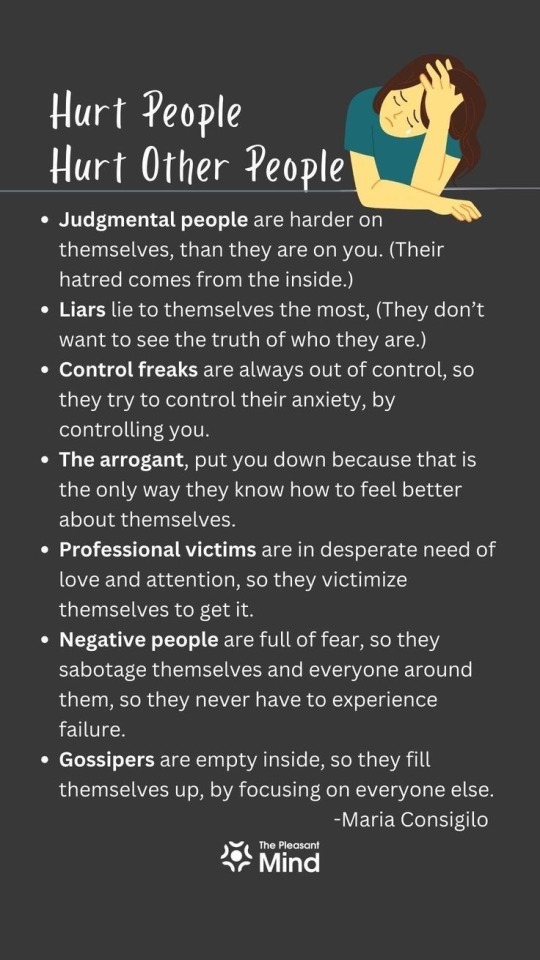
14 notes
·
View notes
Text
I really hate the criticism of the "hurt people hurt people" trope.
I feel like it's denying that cycles of abuse exist. It's denying that prolonged abuse can warp your perception of reality and morality. It denies that after enduring the idea that your pain doesn't matter for so long, it's so easy to internalize that pain itself doesn't matter, whether or not it is yours or someone else's. It denies entire generations of people claiming "My parents hit me as a kid and I turned out just fine!" when in fact they are not just fine. It denies that mental health services are insufficient throughout most of the world still, and a lot of people carrying trauma or mental illnesses caused by trauma are still undiagnosed.
If you went through abuse for literal decades and didn't come out the other end with an enraged monster in your heart that genuinely believed that if your pain didn't matter, then nobody's pain mattered, then count yourself fucking lucky.
Because a lot of people who hurt others are hurt themselves. It doesn't excuse their actions, but it's foolish to try to erase it.
And you know, maybe let's not try to erase the voices of people who worked very hard to overcome their own internal monsters grown from abuse, who decided they wanted to be better than how they were taught to exist.
#personal#hurt people hurt people#obviously I am NOT suggesting that being the victim of abuse absolves somebody of being an abuser#but I've seen this criticism come up for depictions of cycles of abuse in general#and like....#shut up#that is reality for SO MANY people#and everyone who has ever tried to IMPROVE THEMSELVES has had a lower point that they started from#which INCLUDES having treated people poorly
7 notes
·
View notes
Text
Sand is in his villain arc

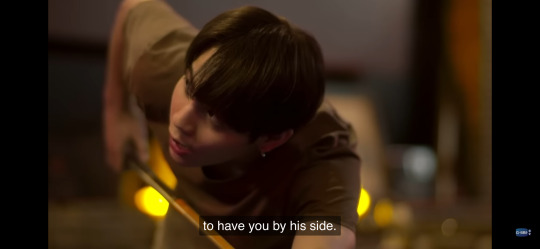
He wasn’t doing all of this out of the goodness of his heart. He was doing this because he’s pissed off and jealous.
If Sand can’t have Ray all to himself then he’s going to make sure no one can have anyone.
19 notes
·
View notes
Text
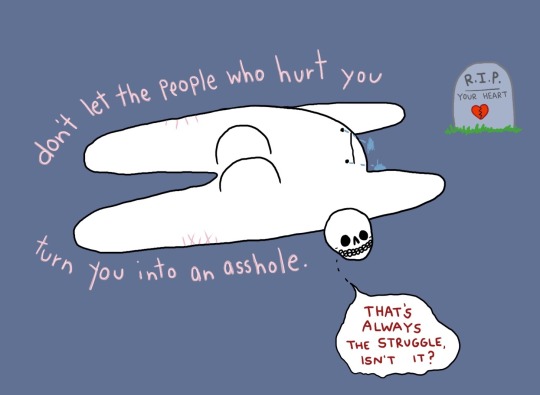
#hurt people hurt people#doodles#bad art#lousy drawings#doodle#positivity#self love#healing#recovery
250 notes
·
View notes
Text
My wounds ARE a part of me, but it is my responsibility to hear and interact with people and the world around me without my trauma/hurt clouding my judgment.
This is something that the people who have hurt me could learn as well.
I know that "hurt people hurt people," but it shouldn't be an excuse to continue or justify poor behavior - it should be a wake-up call to work on your healing.
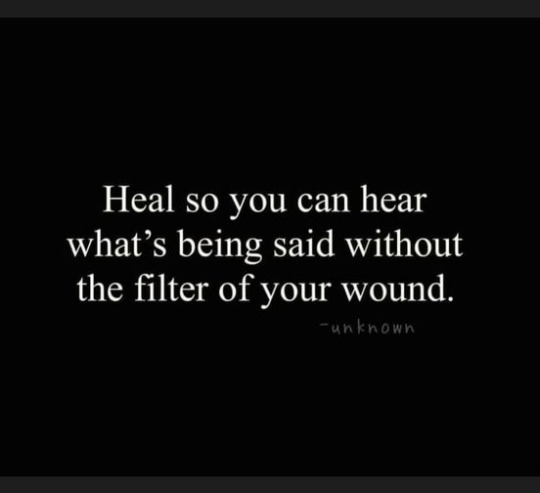
5 notes
·
View notes
Text
Aziraphale meant to hurt Crowley
"I forgive you"
This was not the first time Aziraphale told Crowley he forgives him. Let's go over the other times, shall we?
In 1.03, after Crowley swears out the Great Plan, Aziraphale doesn't directly forgive him. Instead, Aziraphale says,

> May you be forgiven
And Crowley lets him know his feelings about this sentiment:

> I won't be forgiven. Not ever. Part of a demon's job description. "Unforgivable," that's what I am.
Then in 1.04, Crowley insults Aziraphale during an argument
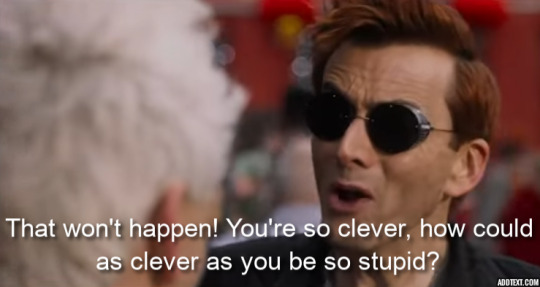
> How can somebody as clever as you be so stupid?
and Aziraphale feels Hurt. Because Aziraphale feels Hurt, that means Crowley must have done something really Bad, right? And if Crowley did Bad, he should be forgiven, right? Well, instead of wishing for Crowley's forgiveness this time, sine that didn't work well last time, Aziraphale tells him

> I forgive you.
and Crowley storms off.
I don't think Aziraphale meant to hurt Crowley this time. I think Aziraphale previously thought Crowley was just protesting that he'd never be Forgiven, so (thinking that forgiveness is good), Aziraphale decided to forgive Crowley himself instead of wishing for his Forgiveness.
However, Aziraphale now learns Crowley's true feelings about forgiveness: namely, that he doesn't want it.
In 2.01, Aziraphale doesn't forgive Crowley. He accepts the I Was Wrong dance, but he now understands Crowley doesn't want forgiveness.
That brings us to 2.06. Crowley kisses Aziraphale, and Aziraphale once again feels Bad and Hurt. If Aziraphale feels Hurt, that means Crowley must have done something Wrong, right? And Aziraphale feels really Hurt. He is angry. He wants to hurt Crowley back.
Aziraphale practically spits out:
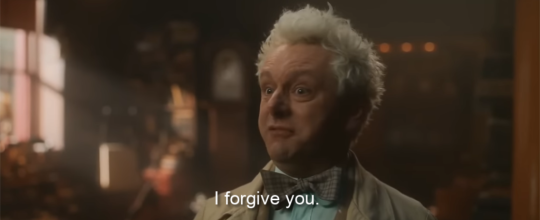
> I forgive you.
And it means so much more this time. Not only does it imply Crowley's love for Aziraphale is sinful, as I have seen so many people talking about, but Aziraphale actually has the power of Forgiveness now. Aziraphale could actually Forgive Crowley and make him an angel again, which Crowley just said he doesn't want.
Not only does Aziraphale know Crowley reacts poorly when he tries to forgive him, but Crowley not wanting Forgiveness is a central theme of this argument. There is no way Aziraphale thought this was a kind thing to do. It was cruel, it was hurtful, and he knows it.
#i'm so sorry#hurt people hurt people#actually hurt angels hurt demons#ineffable husbands#aziraphale#crowley#good omens#good omens spoilers#stella speaks
8 notes
·
View notes
Text
youtube
“Earlier in this video I claimed that Majora’s Mask is a perfect commentary on trauma. And while Link’s healing journey through Termina is one reason for making this claim, what really makes Majora’s Mask stand out is the contrast between how Link and the Skull Kid respond to their traumas. Whereas Link’s actions throughout Majora’s Mask demonstrate the healthy and necessary aspects of trauma recovery, Skull Kid’s actions illustrate how not to cope with trauma if we want to live a life worth living. For this reason, Dr. Herman’s three-phase model of recovery is no longer relevant. So when speaking about the Skull Kid I will reference another psychological model. This one from the realm of conflict resolution. The Circle of Aggression and Reconciliation created by Olga Bacharova. This diagram illustrates not only how one can move from aggression to reconciliation but also how one can get trapped in aggression for, potentially, ever. Bacharova notes that the inner cycle of the diagram demonstrates how natural human responses to harm may move people from being victims to becoming aggressors, and Skull Kid perfectly personifies this movement from victim to villain. You see, Skull Kid’s friends The Giants have left him behind and Skull Kid feels abandoned. This abandonment leads to intense pain and eventually anger. To use Bacharova’s words: “anger has a legitimate yet irrational nature”. To use my own words, even justified anger has a will of its own. No matter how righteous our rage may be, if we allow anger to control our lives forever, it will inevitably cause more pain and suffering. But let’s be honest. Anger is useful. If we are sad we generally lay down, cry or collapse. But if we are angry we tend to take action. Anger gives us energy to move, to make change. And if we are fresh off the heels of a traumatizing event, anger can feel like the only emotion that might keep us going when we would otherwise want to break down. And so it is easy to imagine that Skull Kid would indulge his anger to give himself some relief. Some sense of power and agency against his backdrop of loss. Whereas Link regains his sense of self by healing the pain of others, Skull Kid regains his sense of self by partaking in petty acts of anger and revenge. Unfortunately anger is seductive and addictive. Because of its energy and its usefulness anger can be easily justified and easily abused. And this is the trap that Skull Kid finds himself within throughout Majora’s Mask. With every crime or transgression he commits he assures himself that it’s okay because he is a victim. The more he reassures himself of his righteousness, the more bold and destructive his behaviour becomes. And Skull Kid isn’t just angry with The Giants. He’s angry with the entire world. And this is pretty common. As Bacharova notes; “sometimes anger is directed towards outsiders who are unable to prevent the loss or even towards others who did not experience a similar loss”. I.E. the whole world is seen as hostile.
All of the characters in Majora’s Mask suffer but for some reason Skull Kid seems to believe that his suffering is unique. Somehow more important than the pain of everyone else. Anger has a way of doing that. This tendency understandably causes him to feel isolated and it also allows him to justify his destructive behaviours. These behaviours repel others including his only friends; Tatl and Tael which further isolates him. In other words, Skull Kid’s actions become a self-fulfilling prophecy. What he really wants is the sense of connection he lost when The Giants departed but his anger at their abandonment and his subsequent bad behaviour pushes everyone away. I have to be honest - I feel bad for the Skull Kid. Bacharova says that: “subconsciously, victims want to restore the sense of deep human connectedness destroyed by conflict. In order to make the wrongdoer understand the pain of the victim, he needs to experience a similar suffering. So as twisted as it may sound Skull Kid’s acts of terror are actually just unhealthy attempts to restore his sense of connection with others. He is lonely and afraid and he wants others to feel pain because he is in pain. And if everyone is in pain, maybe he won’t feel so lonely. Whereas Link connects with others by helping, Skull Kid connects with others by hurting. But of course, by trying to connect with others by hurting them Skull Kid experiences more rejection and more abandonment which causes him more pain and invokes more anger and aggression - so he just keeps cycling. This is why Bacharova’s diagram shows a potential for the cycle of aggression to cycle endlessly. It is very difficult, although not impossible, to escape the cycle of aggression once it has started. It is perfectly self-containing and perfectly self-replicating.
In my opinion, Skull Kid, or Majora, if you like, is the most terrifying villain in the Zelda franchise because his desires are so unquenchable. Whereas Ocarina Of Time’s Ganondorf is motivated by power, Majora is motivated by his own pain. If a villain is motivated by a power, we can negotiate with them by giving them power or taking it away. For example in Ocarina Of Time there are people who can stay on Ganondorf’s good side by playing into his vanity and treating him as their leader. In Majora’s Mask, there are no such characters. While there are some shady people who take advantage of the chaos left in Skull Kid’s wake, there are no characters who ally themselves with the Skull Kid. To have friends or allies would take away his feelings of abandonment and therefore his feelings of victimhood and therefore his anger and therefore his power. In this way Skull Kid can be seen as having no weaknesses because the more pain we inflict upon him, the more anger he feels, and the more anger he feels, the more powerful he becomes. So how can we possibly stop him?”
I always find Zelda games to be more significant and profound than most other single-player RPG games. It’s part of the reason it’s my favourite game series of all-time. The creators are always creating stories that allow the main protagonist (and the player as an extension) to find some type of psychological reward to their endeavours over a specifically physical one. I mean the two may and often do come and go together but it’s always the psychological reward that is the most compelling reason to play the games for me.
Majora’s Mask in particular leaves you only with the psychological reward for the most part. But - as you said - you really don’t pick this up about it immediately, if ever - it’s something that settles into you as you return to playing the game the older that you get. And I always prefer art/entertainment of any format that has the consumer grow with it in that they continue to find more and more meaning each time they engage with it rather than just have meaning for them in a specific place in time. Or just the once. In a sense Majora’s Mask is a timeless experience in an overall narrative that focuses specifically on time. The time it takes to do something, the time it takes to achieve a certain goal…. Only for it all to be undone when the clock strikes twelve three days later. And it is frustrating and it is debilitating. You feel like you aren’t doing enough even when you’ve expended every bit of energy you have left on your objectives. It ultimately doesn’t mean anything to get it done. To save the day. The physical reward does not do anything for you or for anyone really because it’s constantly taken from you when time resets itself.
But that is what it feels like to be locked inside trauma. It does feel like a cycle that never ends. And Majora’s Mask captures that experience accurately even for those who do not have internalized trauma. And it is a game that stands out in and of itself even within the franchise to which it belongs in and to. ‘The Legend Of Zelda’ is always a unique experience with each game you play because it almost always involves the human condition - which is always viewed and handled differently depending on the individual. But Majora’s Mask is a game that only feels fulfilling when you’ve forgotten that of which you think needs to be. When you’ve given up looking for an answer and just kept moving regardless of the reward or destination. It’s why I believe it’s not really a children’s game because in some ways it’s like playing a psychological horror game like any of the Silent Hills. It is frightening, it is traumatising, it is an unpleasant experience for the most part when playing the game.
And that’s precisely the point. The creators are asking you to feel something as you play it. Not to just simply play it. Because that’s an empty goal. There is no reason to even complete this game and you may never do so… I certainly never have. But I appreciate the attempt to get us to look inward and understand that completion is pretty meaningless when you’re psychologically stuck in a cycle that you can’t get out of. The only reward is the psychological one and you may never get it or you may always get it. It really depends on you as the player/engager of it.
All true art/entertainment creators seek more from its creation than to simply just be art/entertainment. But very few creators will take away any sense of satisfaction at all in anyone interacting with their creation in order to get that higher result or greater response from it. To leave a psychological impact. And the reason why is that people don’t like to be preached to. They don’t want to go that deep in. They want an escape from real life situations and circumstances such as trauma. They don’t want to literally purchase a reason to dive in and address it. And that’s their prerogative and right. However, for me, it will always mean so much more to me that way because the only reason I do interact/engage with art/entertainment - particularly of a visual format - is so that I can learn more about life and the human condition. Understand it’s difficulties and complexities. Study it’s vastness and variation in how it’s experienced by so many different people of so many different backgrounds and how it informs and influences them to see or think or feel a certain way.
That’s always interesting to me, fascinating even. But so many people prefer art/entertainment to be basic and straight-forward. Not complicated and layered. And again - there’s nothing wrong with that. Art/entertainment is a medium that should be useful or beneficial in many numbers of ways, however deep or shallow, but I’m just saying I prefer it to be the latter because the psychological reward is what I want most out of it. I want to be able to acknowledge and address my traumas, complexes or emotions, as well as come to be aware of and understand other peoples. I want the heavy, I want the hard, I want the heartache. Maybe it seems masochistic and tragic to others to want that in art/entertainment and that’s fair to say… but that’s just me. What can I say? I’m a glutton for pain so long as I get some kind of catharsis out of it. A good cry or a motivation to act or to FEEL SOMETHING. To learn and to evolve through it. To understand self and other just that little bit better because of it. I have no other such requirement out of it but to LEARN. Yes, that’s always the point for me.
Thanks for this analysis. I think you were spot on. Especially about Skull Kid. It is as I always say: hurt people hurt people. And the only healing we can possibly do when it comes to that case is within. As my favourite TV show of all-time ‘Xena: Warrior Princess’ has taught me: “there’s only one way to end the cycle of hatred and it’s through love and forgiveness”. And it’s not an easy thing to do at all. As awful as the things people with this kind of trauma do to us, we have to remind ourselves that everyone has a story and some understanding goes a long way despite how hurt we feel by their actions and choices. We don’t have to forgive them for their sake, as you pointed out. But we do owe it to ourselves to do this or we can’t heal from that cycle of hatred either. And hope - maybe in some way or form - they will change.
#the legend of zelda#majora’s mask#skull kid#trauma#trauma recovery#anger#abandonment#aggression#hatred#vengeance#hurt people hurt people#analysis#character representation#character development#olga bacharova#trauma done right#the ultimate trauma narrative#the creepy and the cosy#Youtube
7 notes
·
View notes
Text
Rasoya / Shaking the Table (2)

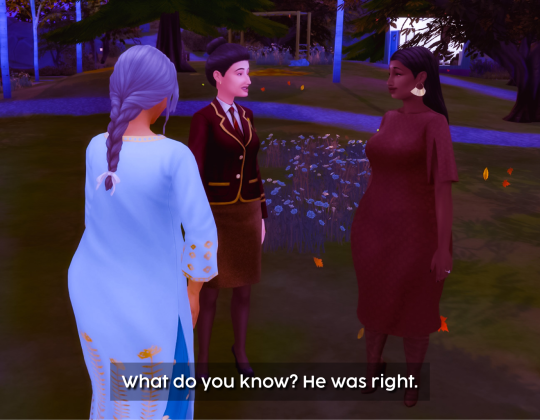

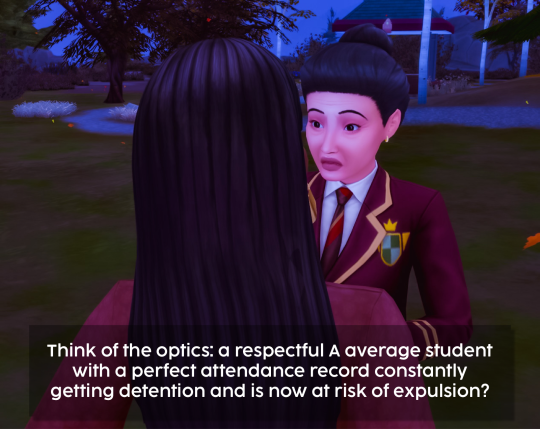
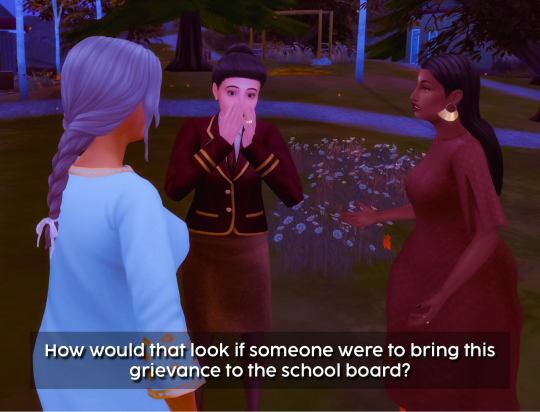
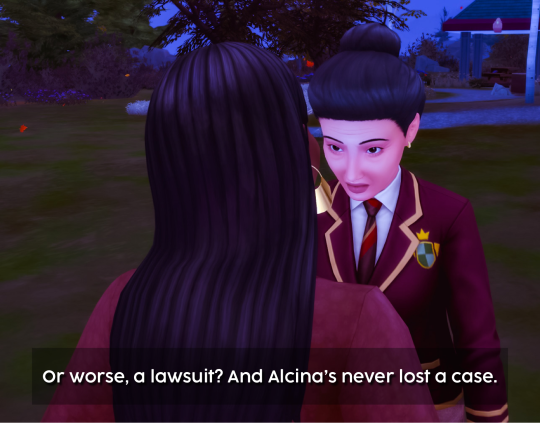

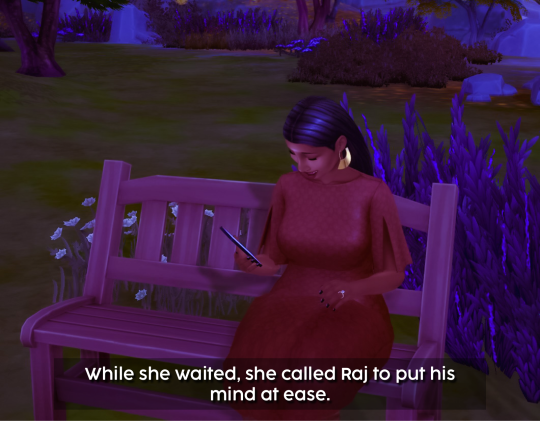

Previous / Next / Beginning
#shesthespinstersimmer#storyteller#sims 4 story#destination: san sequoia#rasoya#geeta rasoya#mai prescott#hurt people hurt people
8 notes
·
View notes
Text
You must remember that most people don't like to hear when bad things happen. They can tolerate only a little here and there. The bad things must be comestible. If there are too many bad things, they plug their ears and vilify the victim. But a hundred very bad things happened to me. Am I supposed to be quiet? Bear my pain like a good girl? Or shall I be very bad and take it out on the world? Either way I won't be loved.
Lisa Taddeo, from Animal
#victim blaming#silenced#lack of support#turn a blind eye#social commentary#trauma#victim#revictimization#no support#suffer in silence#hurt people hurt people#revenge#unloved#no good choices#between a rock and a hard place#quotes#lit#words#excerpts#quote#literature#my favorite quote#all timer#just like me for real#lisa taddeo#animal
8 notes
·
View notes
Text
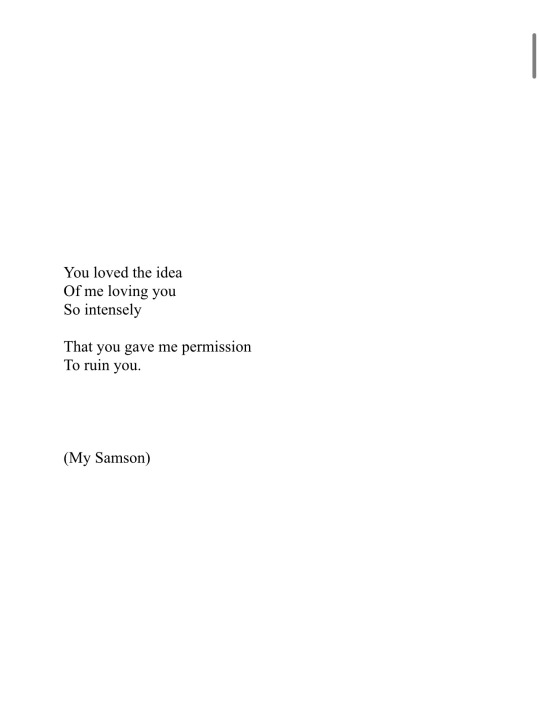
“You are my sweetest downfall; I loved you first. I loved you first…” ❤️
#love#heart posture#poetry#samson#brokenhearted#relationships quotes#prose#healing#human heart#open heart#hurt people hurt people#the truth hurts#books#selfawareness
32 notes
·
View notes